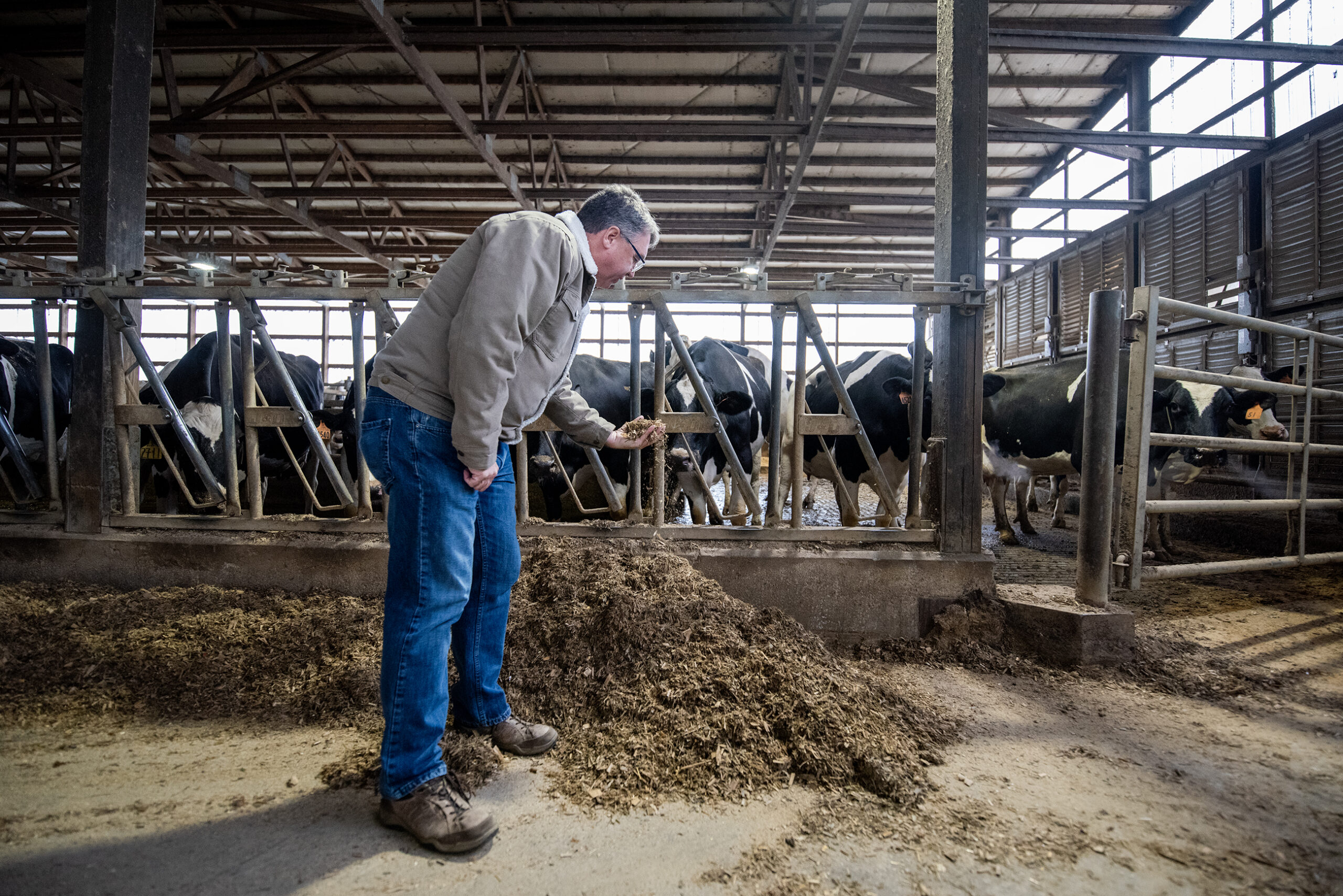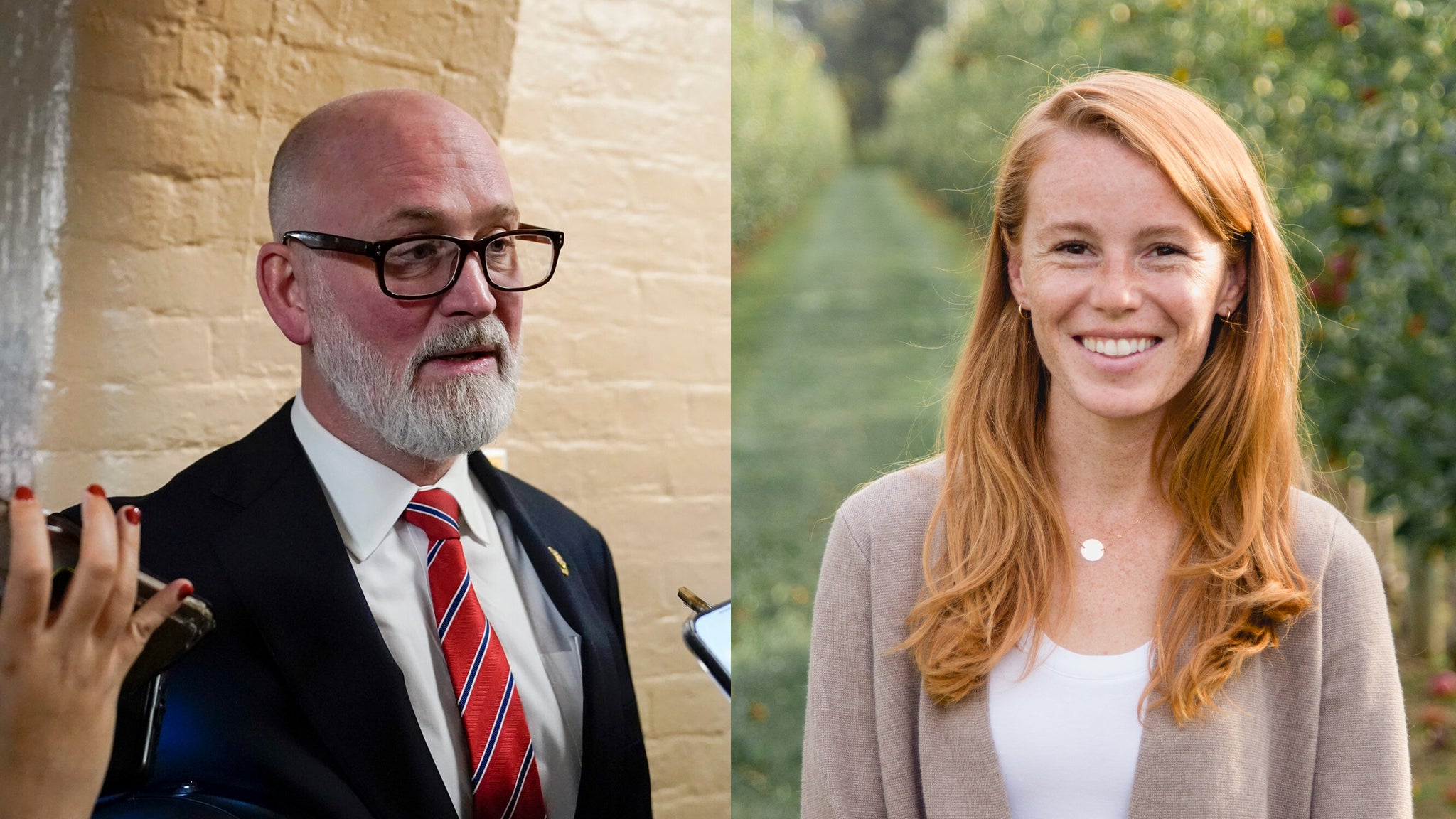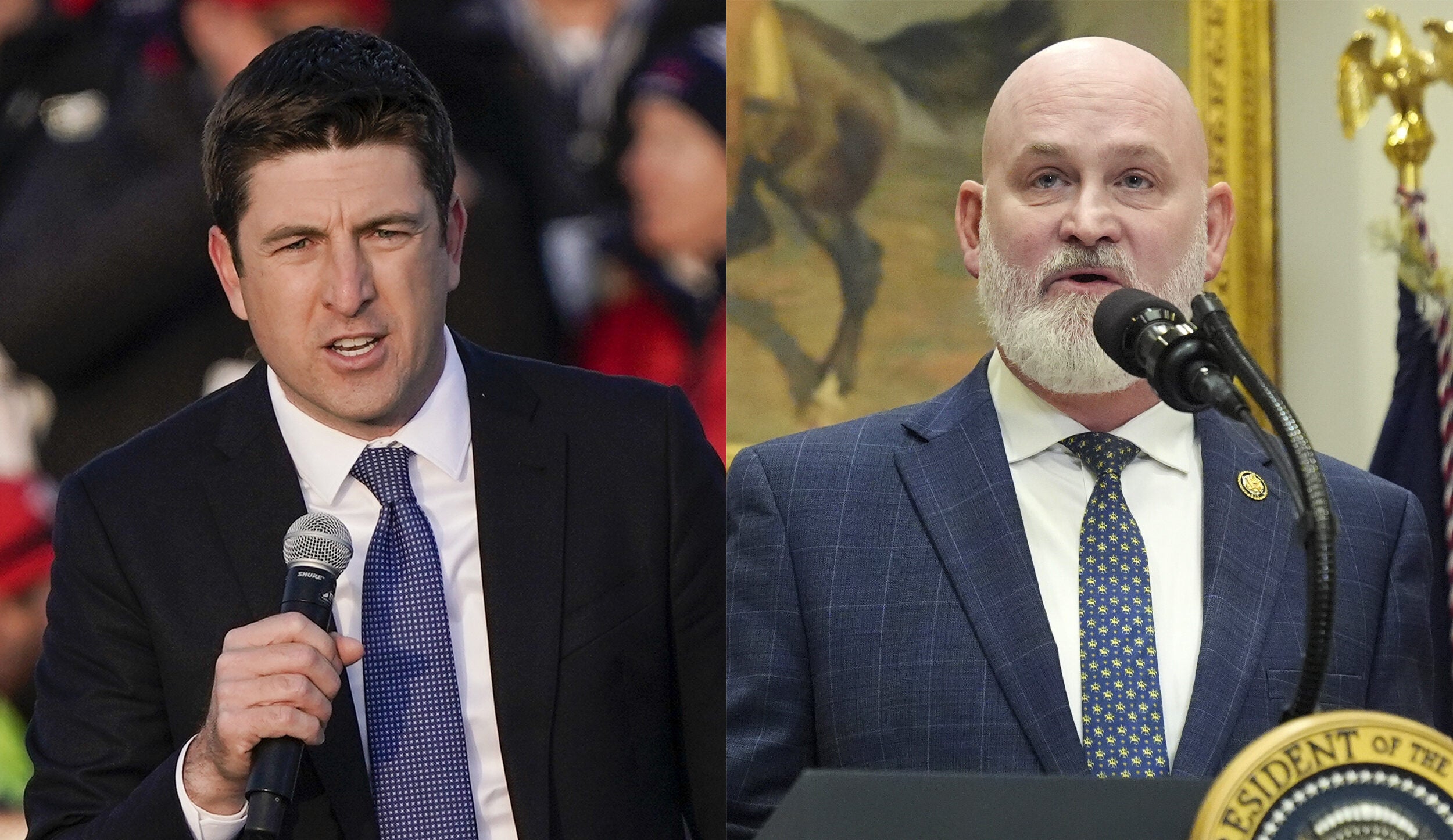A southwestern Wisconsin battleground congressional district was virtually written off by national Democratic groups in the weeks leading up to the election, who reportedly believed it was a lost cause.
But the relatively narrow margin of Republican Derrick Van Orden’s victory suggests that Wisconsin’s 3rd Congressional District is likely to be considered a swing district two years from now, as well. The tight margin kept media organizations from declaring a winner on Election Night; the Associated Press called the race for Van Orden around 10:30 a.m. Wednesday.
At the beginning of the election cycle, political handicappers considered the district one of the nation’s most competitive congressional races, and a top target for Republicans. The district had been held by longtime U.S. Rep. Ron Kind, a moderate Democrat whose retirement made it an open seat. But the district had voted for Republican Donald Trump in 2016 and 2020.
News with a little more humanity
WPR’s “Wisconsin Today” newsletter keeps you connected to the state you love without feeling overwhelmed. No paywall. No agenda. No corporate filter.
But in the weeks leading up to the election, the race was widely perceived to be slipping away from Democratic candidate Brad Pfaff, a state senator and former head of the Wisconsin’s Department of Agriculture, Trade and Consumer Protection. A national political news outlet reported that Democrats had canceled planned TV advertisements supporting Pfaff in the district. In part because of that decision, a national political forecaster, Sabato’s Crystal Ball, changed its rating for the race to “likely Republican.”
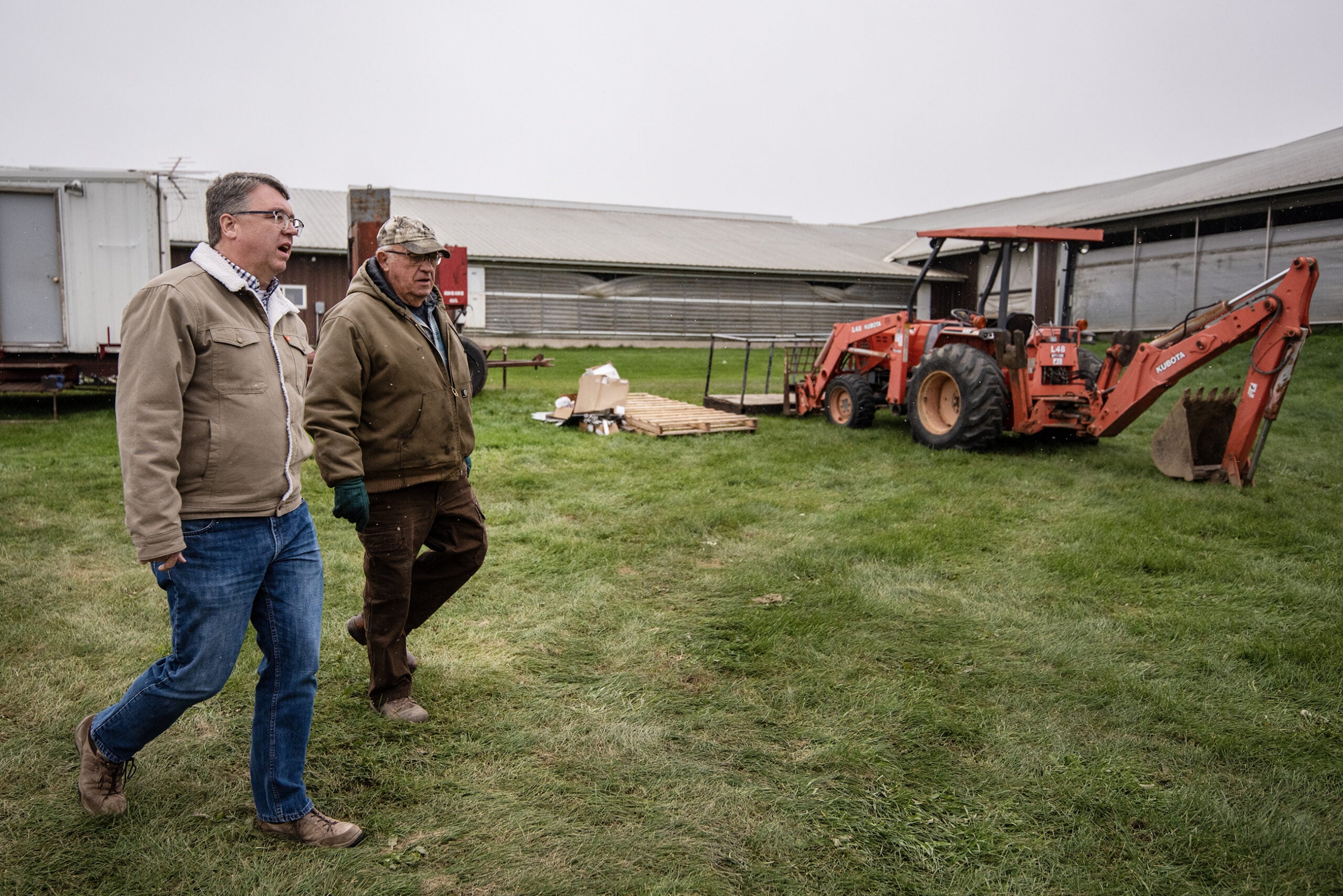
The final outcome led some Democrats to second-guess their party’s decision not to spend more to support Pfaff.
In an interview Wednesday afternoon, Pfaff expressed frustration with the way spending was so heavily tilted to Republicans. He said his campaign was outspent 4-1 by Van Orden and GOP groups.
“I firmly believe if there would have been greater resources that would have been provided, we would’ve won this race,” Pfaff said.
That’s because he saw in election returns that places where his campaign fell short were places where his campaign hadn’t been up on television.
And Pfaff thought talk of Democrats targeting the district in 2024 was coming a little late.
“This needed to be and should have been a top target in 2022,” he said. “And we will see, as far as in 2024.”
On Tuesday, some observers questioned whether Van Orden, a popular candidate among conservatives and especially among the wing of the party most associated with former President Donald Trump, was as appealing as the GOP thought.
“There is simply no spinning this,” University of Wisconsin-La Crosse political scientist Anthony Chergosky wrote on Twitter. “Derrick Van Orden is underperforming expectations. … And plenty of Democrats are going to be furious at the party organizations and affiliated PACs (political action committees) for not giving Brad Pfaff some help in this one.”
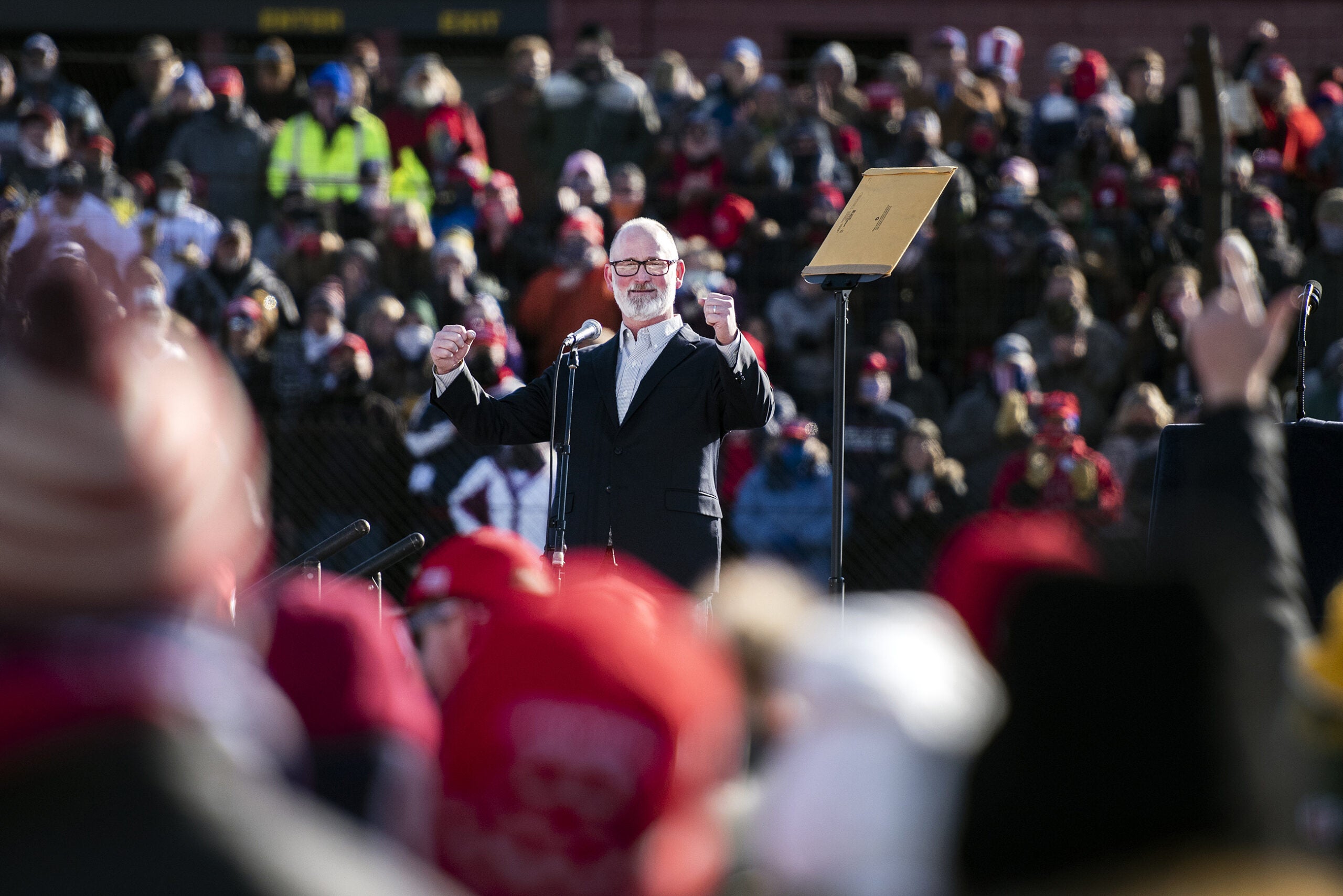
The mostly rural district was considered difficult terrain for Democrats, who had lost ground among rural voters in recent years. But Tuesday’s outcome may have represented a small step for Democrats back toward rural viability. Pfaff’s 4-point loss was an improvement on Democratic President Joe Biden’s performance in the district in 2020 and Democratic candidate Hillary Clinton’s 2016 performance — and it came without significant outside spending from Democratic or Democrat-aligned groups.
For their part, Republicans doubted the race signaled any kind of sea change. Brian Westrate, a former chair of the 3rd Congressional District Republican Party, said he saw in Tuesday’s results that “candidate quality matters” — and Van Orden was a strong candidate who southwestern Wisconsin voters would likely consider a strong congressman, as well.
But Westrate also referred to the district’s history — before Kind held it for 13 terms, Republican Steve Gunderson held it for eight.
“This is the 3rd District. We went from nearly two decades of Republican to nearly three decades of Democrat,” Westrate said. “Only a fool would take anything for granted here — on either side of the aisle.”
Tim Dale, a political science professor at the University of Wisconsin-La Crosse, said voters in the rural district respond to one-on-one campaign interactions with candidates, and a significant number of them have shown a willingness to vote for split tickets, both Republicans and Democrats. And some of its rural areas, such as Vernon County, are close to evenly split between Democrats and Republicans.
Still, he said the close outcome in a race with such lopsided spending suggests that the district will again be a battleground in 2024, when the presidential election will likely drive up voter turnout across the state.
“I’m not surprised it was close,” Dale said. “I also think it’s going to be close in two years.”
This year’s race could yet have national consequences. On Wednesday afternoon, GOP control of the House of Representatives was not yet decided. Political forecasters said it was likely Republicans would end up with a majority of seats, but that control would likely come down to races in western states where mail-in ballots would not be tabulated for days or weeks. Some forecasts predicted a Republican majority as narrow as a single seat.
On Tuesday night, Van Orden tweeted, “Gratitude.” In brief remarks to supporters as votes were being tabulated, he spoke directly to Pfaff.
“You are my sitting (state) senator,” Van Orden said. “And I am looking forward to having a working relationship with you when I get to U.S. Congress.”
Wisconsin Public Radio, © Copyright 2025, Board of Regents of the University of Wisconsin System and Wisconsin Educational Communications Board.

